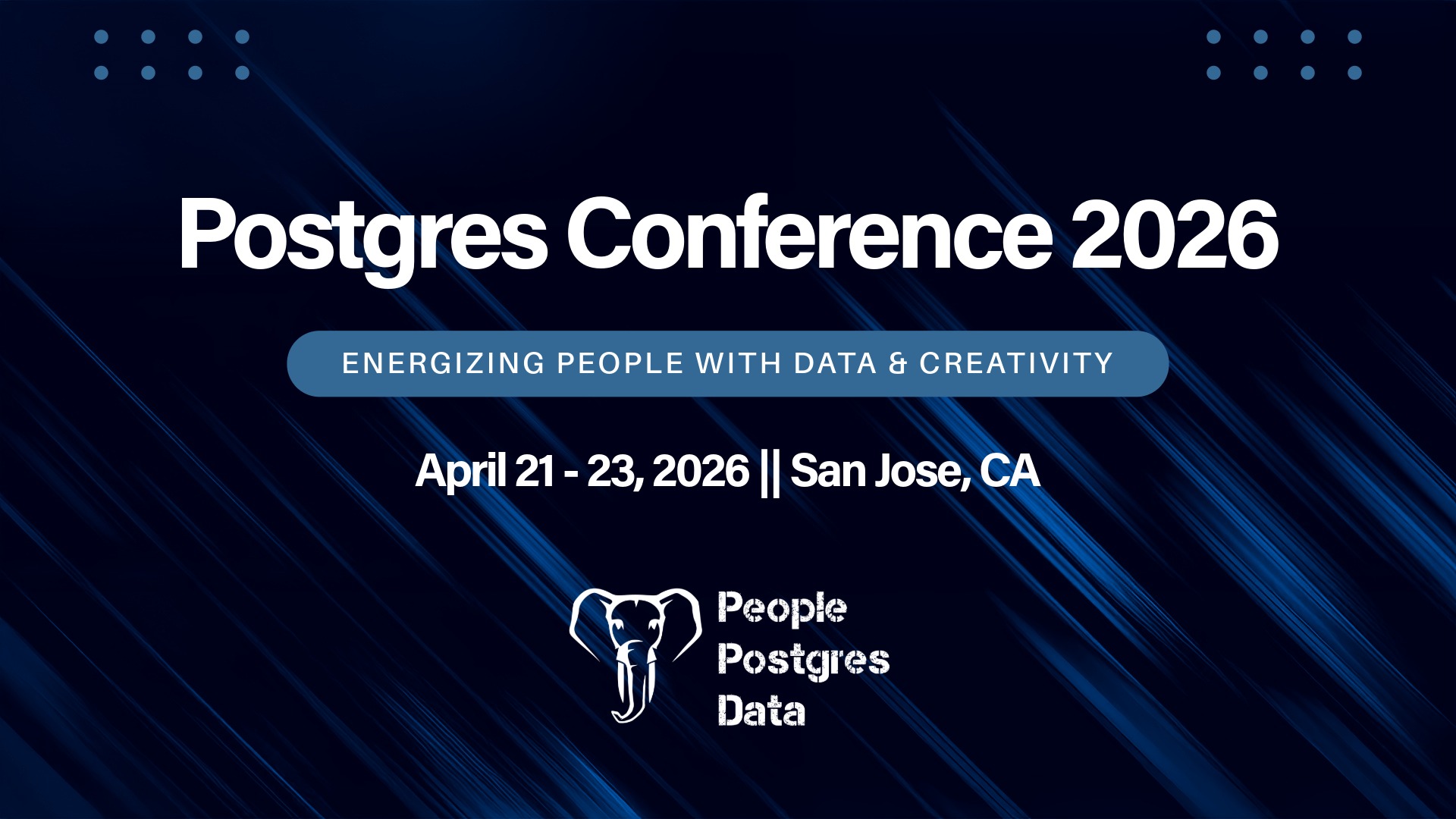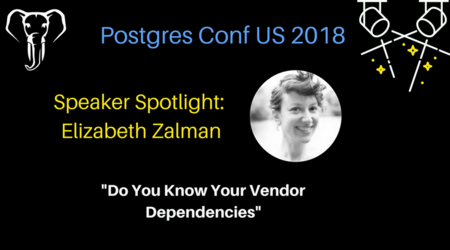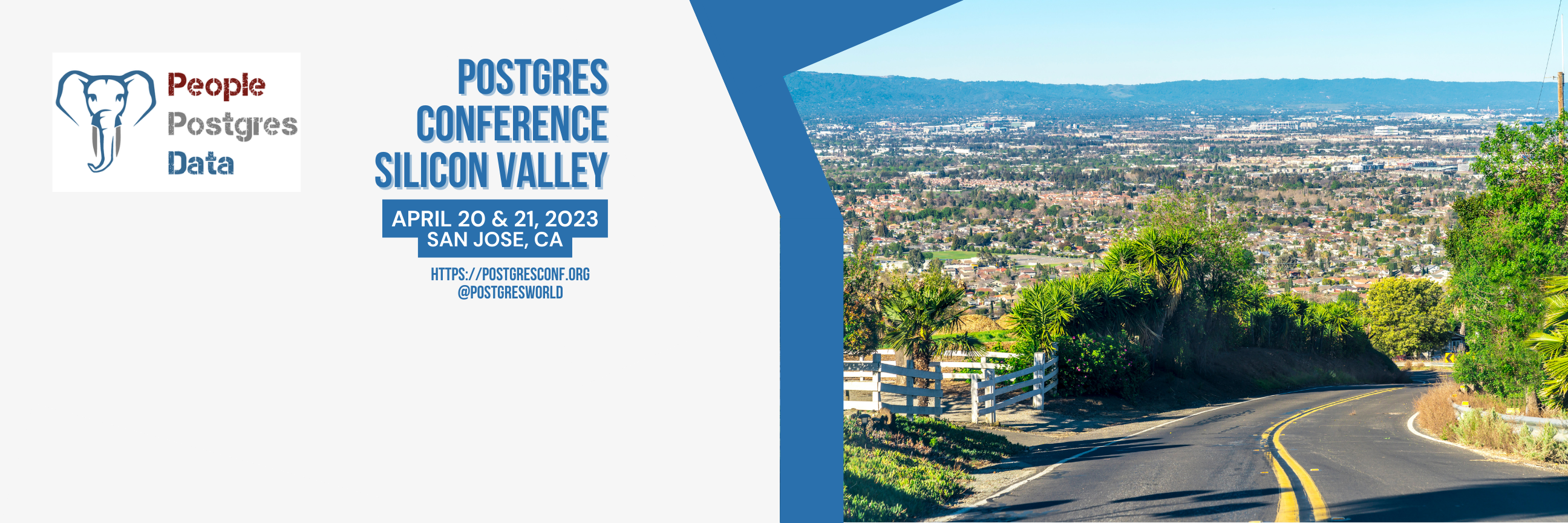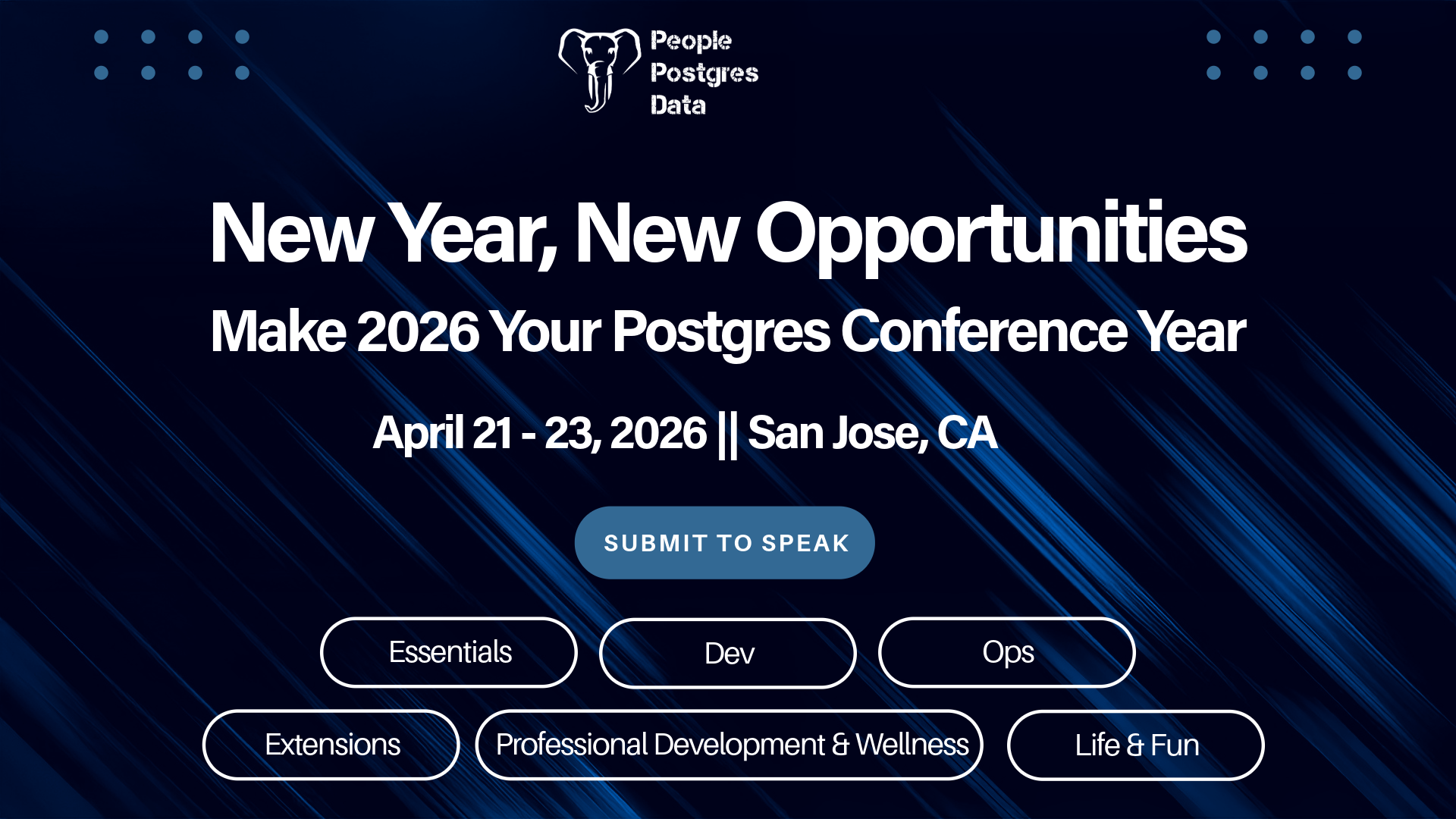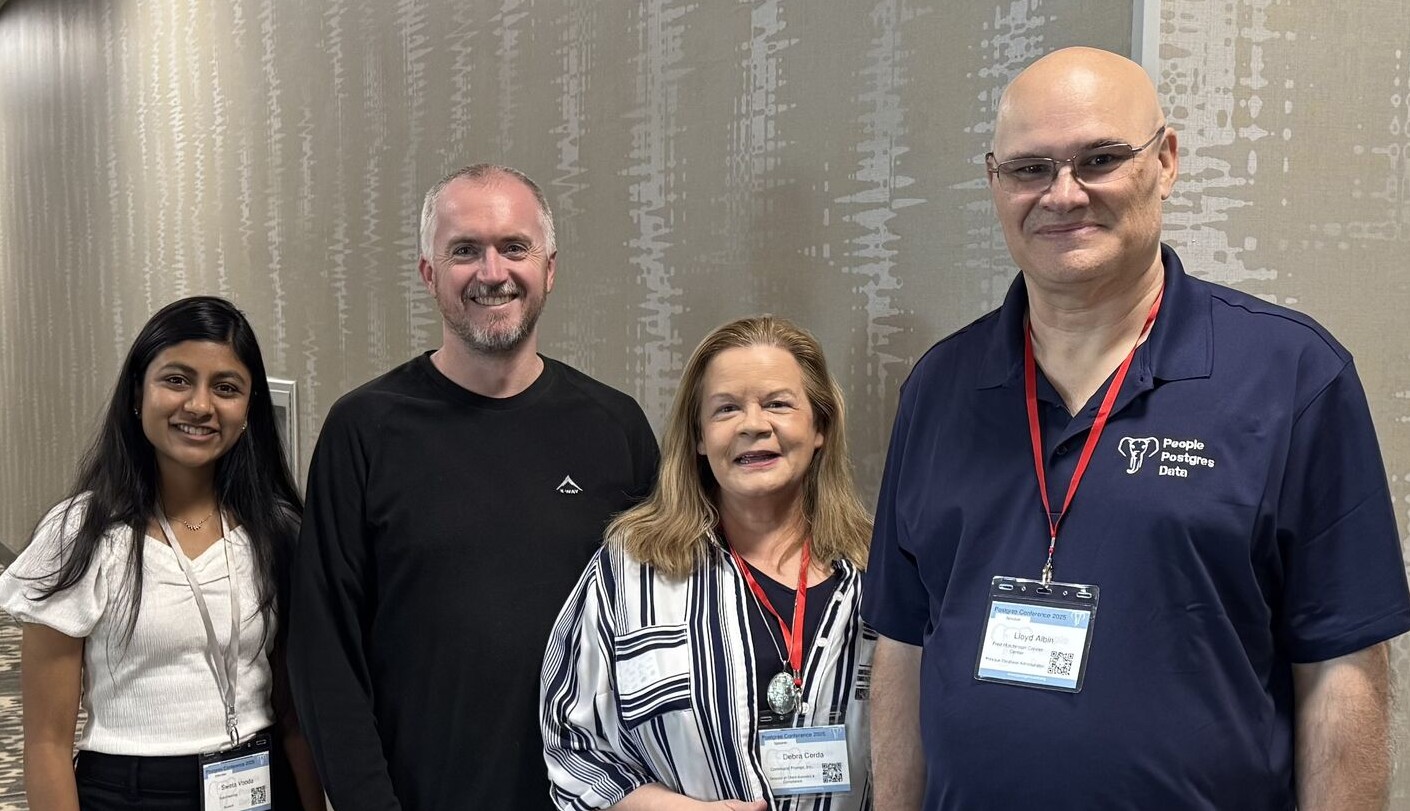In the spirit of fun and creativity, we’re kicking off 2026 with an invitation to bring your whole self to the Postgres community. Happy New Year from the Postgres Conference team.
January may be wrapping up, but New Year's resolutions are still top of mind. Gym memberships. Dry January. Finally learning that language.
Here’s one resolution we can get behind: let the fun and creative parts of you take the mic.
The Life & Fun track at Postgres Conference 2026 has nothing to do with PostgreSQL, and that's exactly the point.
We spend so much of our lives thinking about databases, deployments, and deadlines. But who are you when you close the laptop? What lights you up when you're not troubleshooting queries?
Maybe you're a beekeeper. You understand colony management, seasonal cycles, and the delicate art of not getting stung.
Maybe you went solar. You researched panels, navigated permits, and now you watch your energy meter spin backward.
Maybe you're building a homestead. Chickens, gardens, rainwater collection. You're learning skills your grandparents knew and your coworkers don't.
Maybe you restore classic cars. Carburetors, body work, and the satisfaction of an engine turning over after months of weekends in the garage.
Maybe you build terrariums. Tiny ecosystems in glass. Living art that requires patience and precision.
Things like this are what make you a whole person. And whole people make better colleagues, better problem-solvers, and better community members.
Topics in the Life & Fun Track
- Hobbies and passion projects
- DIY and maker culture
- Outdoor adventures
- Creative pursuits
- Sustainability and self-sufficiency
- Anything that brings joy
Register for Postgres Conference: 2026
Postgres Conference 2026 takes place April 21-23 in San Jose, California.
The theme, Energizing People with Data and Creativity, recognizes that the most powerful systems are built by people who are curious, fulfilled, and energized beyond their day jobs. The Life & Fun track celebrates that truth by making space for the passions, projects, and pursuits that recharge us and shape how we show up for our communities and our work.
Early bird registration is available now! Purchase your General Admission tickets here.
Call for Postgres Conference 2026 Speakers & Trainers
We’re also welcoming proposals across all tracks, including Life & Fun. The Call for Speakers and Trainers is an invitation to bring your whole self to the conference stage. Share what excites you, what you’ve built, or what you’ve learned outside the database.
CFP closes January 30, 2026. Submit here.
